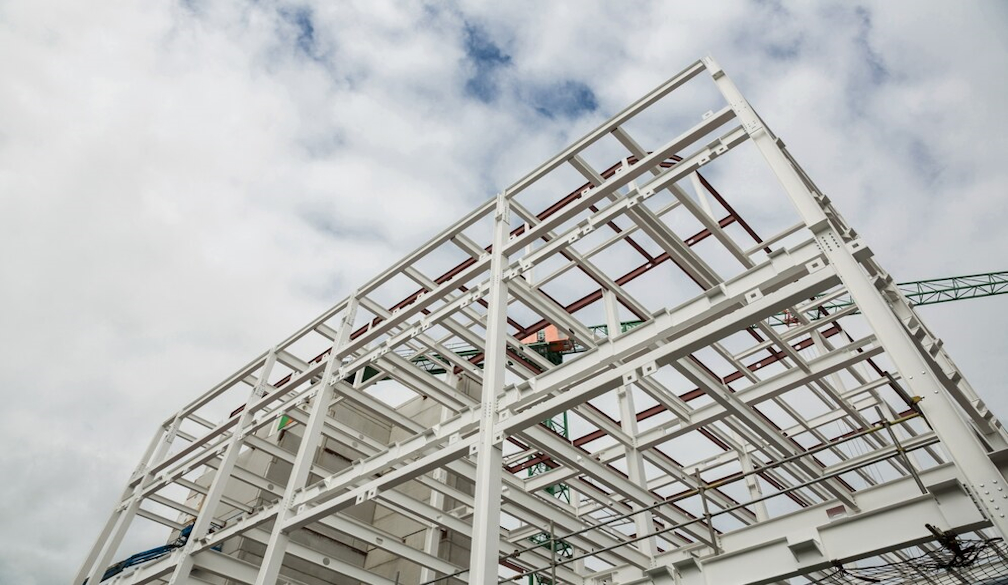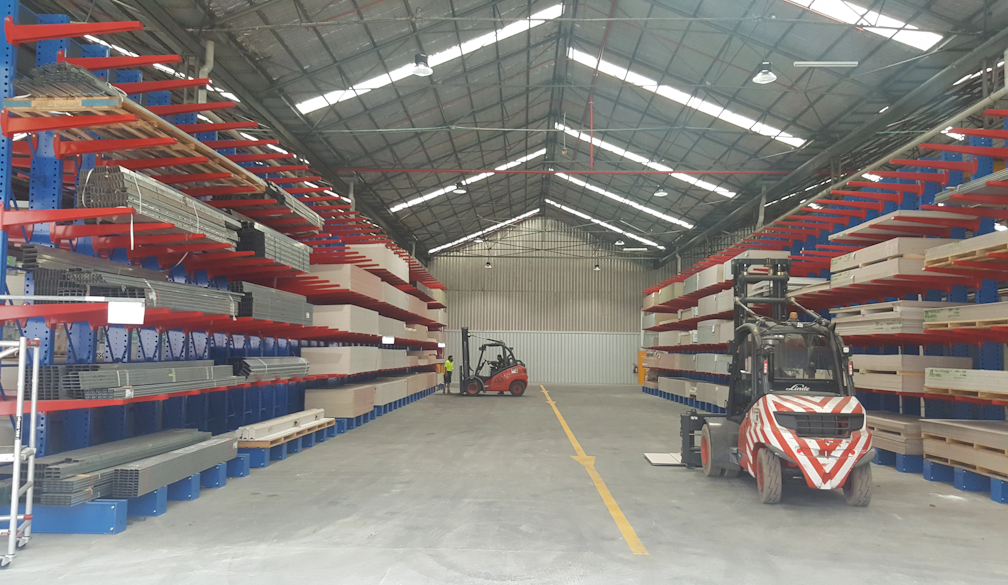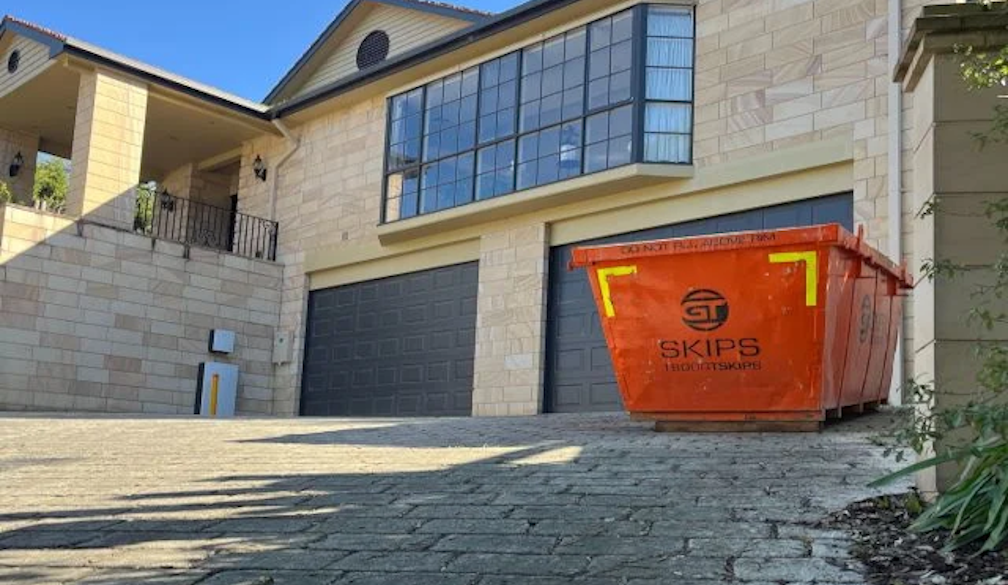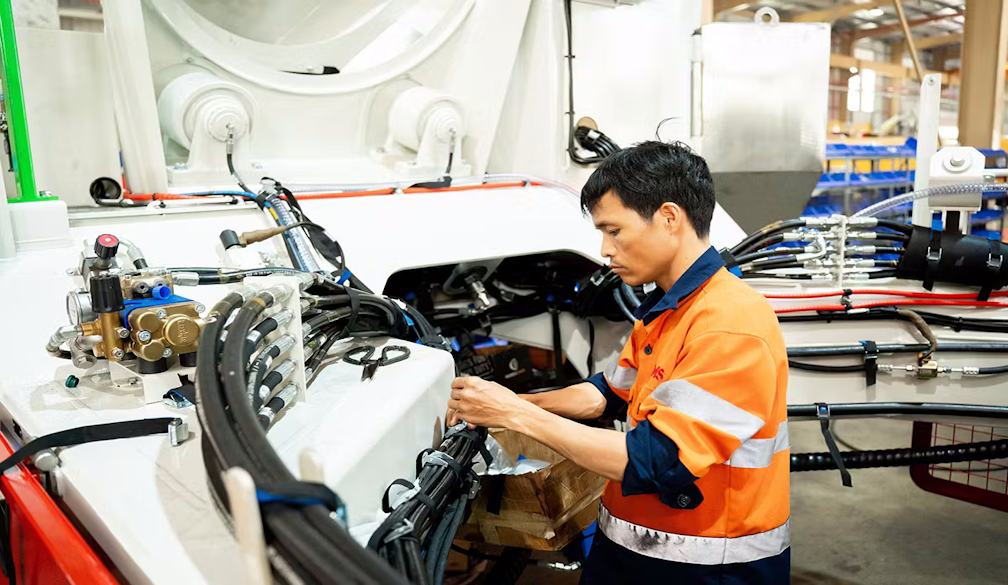Understanding Hard Chrome: Benefits, Applications, and Best Practices
- Written by The Express
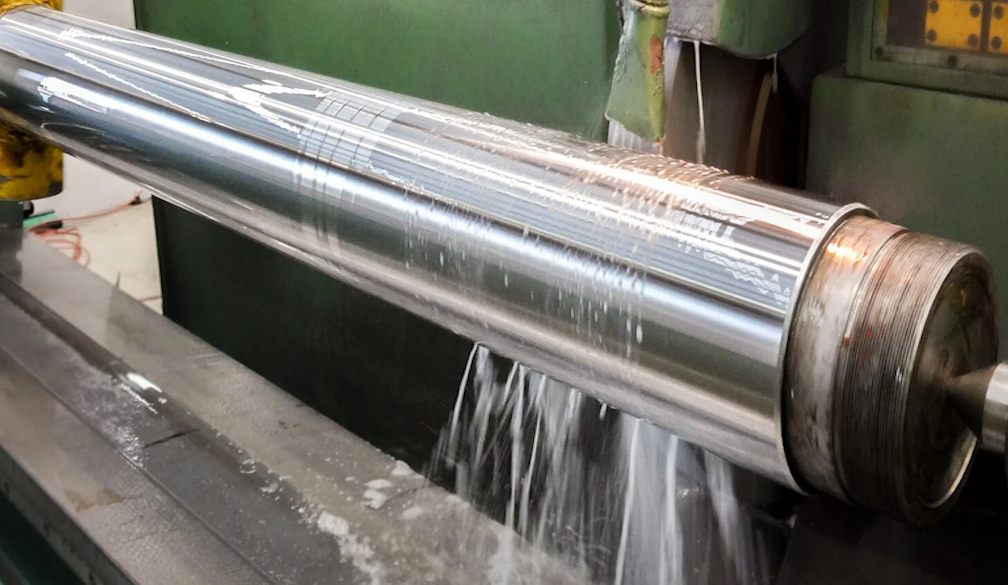
Introduction
In various industrial applications, hard chrome plating has emerged as a critical process for enhancing the durability and performance of components. This article delves into the benefits and applications of hard chrome plating, providing insights for businesses considering this process. Additionally, we'll explore best practices to ensure optimal results when implementing hard chrome solutions.
What is Hard Chrome Plating?
Hard Chrome Plating, also known as hard chrome coating, involves depositing a layer of chromium onto a substrate through an electroplating process. This technique not only improves surface hardness but also provides significant corrosion resistance. Unlike decorative chrome, which is primarily for aesthetics, hard chrome is functional and serves a vital role in extending the life of parts subjected to wear.
Benefits of Hard Chrome Plating
- Enhanced Wear Resistance Hard chrome offers exceptional resistance to wear and abrasion, making it an ideal choice for components that encounter friction or contact with abrasive materials. This property is particularly beneficial in industries such as mining, construction, and manufacturing, where equipment undergoes harsh operating conditions.
- Corrosion Resistance The protective layer formed by hard chrome plating acts as a barrier against environmental factors, preventing corrosion. This advantage is essential for components exposed to moisture, chemicals, or harsh weather conditions, ensuring longer service life and reduced maintenance costs.
- Improved Surface Finish Hard chrome plating can significantly enhance the surface finish of components, leading to smoother operation and reduced friction. This improvement is crucial in applications such as hydraulic cylinders and shafts, where surface quality directly impacts performance.
- Versatility Hard chrome can be applied to a variety of substrates, including steel, aluminum, and plastic, making it a versatile solution for numerous industries. Its adaptability allows manufacturers to leverage hard chrome in diverse applications, from automotive parts to industrial machinery.
Applications of Hard Chrome
- Manufacturing and Engineering In manufacturing environments, hard chrome is widely used for components like piston rods, hydraulic cylinders, and gears. Its wear-resistant properties help maintain the precision and efficiency of machinery, leading to increased productivity.
- Aerospace The aerospace industry relies on hard chrome for components that require exceptional strength and resistance to extreme conditions. Engine parts, landing gear, and hydraulic systems benefit from the durability provided by hard chrome plating.
- Mining and Construction Equipment in mining and construction faces rigorous demands, often leading to premature wear. Hard chrome plating helps protect components like drill bits, hoppers, and buckets, extending their lifespan and ensuring operational reliability.
- Agriculture Agricultural machinery operates in challenging environments, with components exposed to dirt, moisture, and heavy loads. Hard chrome plating enhances the durability of parts such as plow shares and tillers, contributing to efficient farming practices.
Best Practices for Hard Chrome Plating
- Surface Preparation Proper surface preparation is crucial for successful hard chrome plating. Thorough cleaning and surface conditioning ensure optimal adhesion of the chrome layer, enhancing its effectiveness.
- Thickness Control The thickness of the hard chrome layer should be carefully controlled to meet specific application requirements. A thickness that is too thin may not provide adequate protection, while excessive thickness can lead to cracking or peeling.
- Quality Control Regular quality control checks during the hard chrome plating process help identify any inconsistencies or defects. Implementing a robust quality assurance program can prevent costly rework and ensure that components meet industry standards.
- Post-Plating Treatments Consider additional treatments such as grinding or polishing after hard chrome plating to achieve the desired surface finish. These processes can enhance the performance characteristics of the plated components.
Conclusion
Hard chrome planting offers numerous advantages, from enhanced wear resistance to versatility across various industries. By understanding the benefits and applications of hard chrome, businesses can make informed decisions when considering this process for their components.

